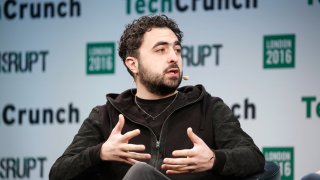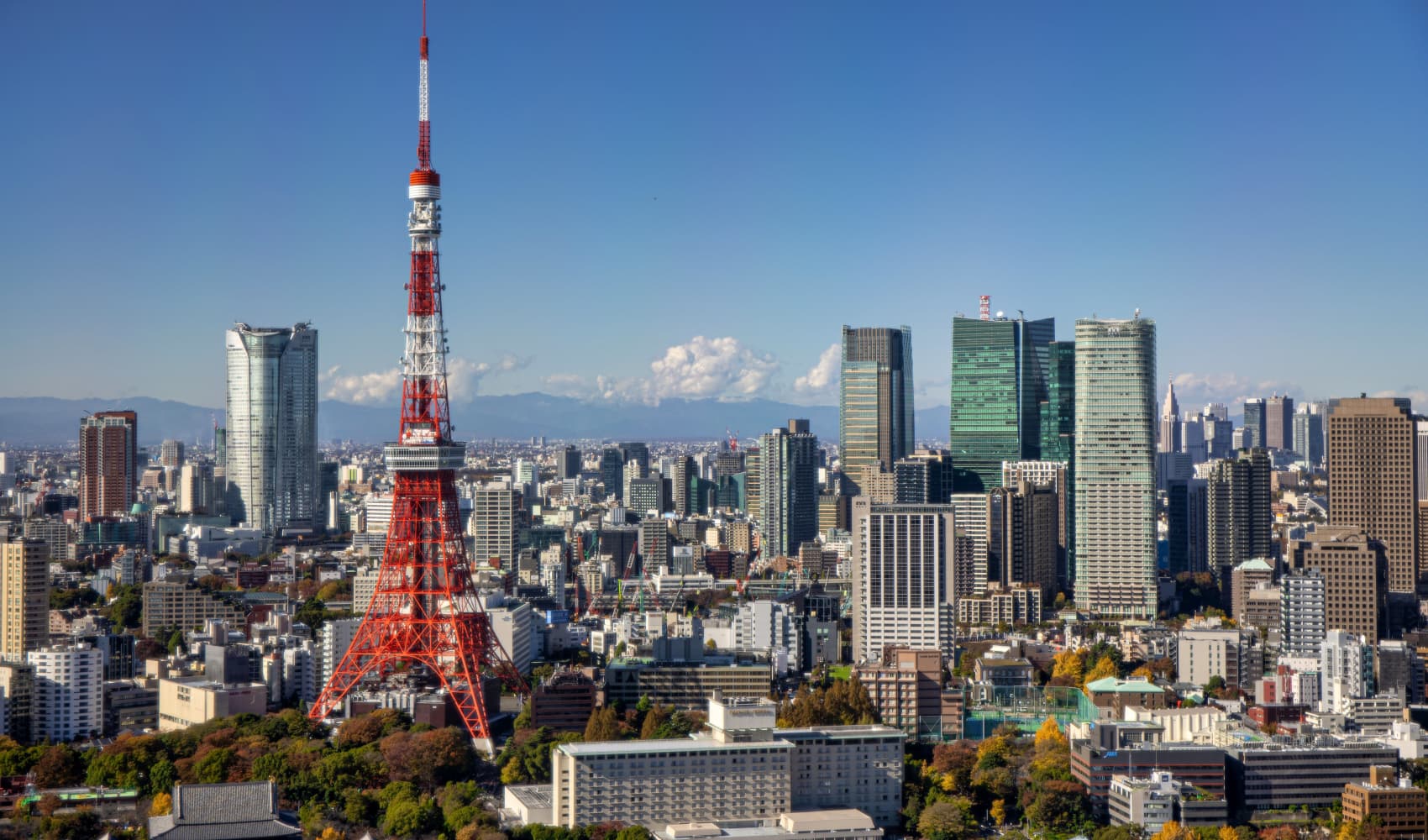
- Suleyman last month announced that he was leaving his VP role at Google, which acquired the DeepMind AI lab in 2014, to join Greylock as a venture partner.
- "I'll certainly be looking to invest in Europe across a range of sectors and I will be traveling back frequently," Suleyman told CNBC via email. "I'm especially on the look out for AI companies."
- Greylock has profited from early bets on U.S. tech giants like Airbnb, Facebook and LinkedIn but it also wants to capitalize on fast-growing companies in Europe.
DeepMind co-founder Mustafa Suleyman is planning to help U.S. venture capital firm Greylock identify more investment opportunities across Europe, where it has made just a handful of investments so far.
Last month, Suleyman announced he's leaving his VP role at Google, which acquired the DeepMind AI lab in 2014, to join Greylock as a venture partner.
"I'll certainly be looking to invest in Europe across a range of sectors and I will be traveling back frequently," Suleyman told CNBC via email. "I'm especially on the look out for AI companies, and I'll also be looking to partner closely with founders to incubate the best teams."
Get San Diego local news, weather forecasts, sports and lifestyle stories to your inbox. Sign up for NBC San Diego newsletters.
Greylock has profited from early bets on U.S. tech giants like Airbnb, Facebook and LinkedIn, but it also wants to capitalize on fast-growing companies in Europe. Unlike Sequoia, Lightspeed Venture Partners and other rivals, the California VC firm is yet to set up a physical office in a European city.
"Greylock's focus is backing tech founders with global ambition, and we've made a handful of investments in Europe-based companies, including Sqreen (acquired by DataDog) and Entrepreneur First," a spokesperson for Greylock told CNBC.
Venture capitalists invested more than $675 billion in start-ups worldwide in 2021, doubling 2020′s previous all-time high, according to data published last month by VC analysis firm Dealroom and British promo agency London & Partners.
Money Report
Europe has become a hotbed of VC activity, with investment in the region hitting $115 billion last year — significantly higher than 2020's $43.1 billion.
However, Europe's start-ups are yet to grow to the same size as their counterparts in the U.S. and Asia, which are now home to behemoths like Alphabet, Amazon, Alibaba, TSMC and Tencent.
Europe's biggest tech firm by market cap is chip manufacturing machine maker ASML, which is valued at around $300 billion. Meanwhile, in the U.S., several companies are valued at over $1 trillion and Apple briefly saw its market cap climb to over $3 trillion last month.
Spotting the next DeepMind
Greylock is currently backing start-ups from a $1.6 billion fund and the firm's typical "day one checks" range from $2 million to $20 million.
It's investing in start-ups across a number of industries, but is particularly keen to spot the next DeepMind.
"AI will be one of the most transformative industries in technology, and we continue to be excited about the abundance of opportunities to invest in this space," the Greylock spokesperson added.
"Mustafa has not only been leading progress in AI work over the last 10 years, but he's one of the most connected AI people in the global ecosystem. He will be a tremendous resource — and no doubt a board member of choice — to founders building AI companies."
Over the years, Suleyman has backed a number of tech start-ups as an angel investor, including London-based gig ticketing platform Dice.
Matt Miller, a tech entrepreneur who co-founded the software development firm Ustwo and advises Dice, told CNBC that Suleyman was "critical in so many ways" during Dice's early years.
Suleyman's exit from Google came after he was accused of having an aggressive management style by former colleagues at DeepMind. A law firm was brought in to investigate the complaints.
"I had a period in 2017-2018 where a couple of colleagues made a complaint about my management style," Suleyman said on a podcast with Greylock partner Reid Hoffman. "You know, I really screwed up. I was very demanding and pretty relentless. I think that at times that created an environment where I basically had pretty unreasonable expectations of what people were to be delivering and when."






